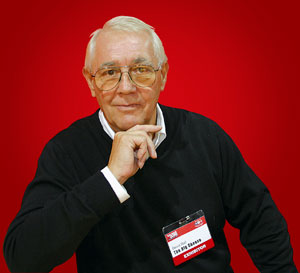

He is Co-chair for the Independent Advisory Group for Auckland Council’s Climate Action Plan, and a member of the Technical Working Group for Aotearoa Circle’s Sustainable Finance Forum.

He has written numerous books and reports including the Climate Finance Landscape for the Ministry for the Environment, which formed much of its thinking behind its climate finance strategy and the recent BWB Text, A Careful Revolution: Towards a Low Emissions Future. Apologies.ĭavid Hall a Lecturer at AUT, a contributor to business think-tank Pure Advantage and founder of sustainability consulting firm Mōhio and its newly launched Climate Innovation Lab. My incompetence with tech means the quality of the recording is sub-optimal and leaves out my questions. So where does denial come from and how can it be adddressed?Īlso, please note, the first part of the interview was done in our respective lounges during lockdown. Argument is good! Denial is a commitment to opposition that is defiantly irrational. Note, we’re not talking about healthy scepticism, which is to be encouraged. It turns out, some things are too hot to handle, even for the grown-ups. I spoke to him in two interviews, pre and post-lockdown, about the similarities between Covid and climate change denial and learned denial is not unusual nor a recent phenomenon: it was first noted in reactions to the atrocities of World War Two and is a normal human reaction to paradigm-changing facts.

Why? Dr David Hall has studied denial so you don’t have to. Why do some people deny facts that are plain to everyone else? Whether it’s about Covid-19, climate change or vaccines, some will defy the scientific consensus and cling defiantly to alternatives, even when they're demonstrably wrong.


 0 kommentar(er)
0 kommentar(er)
